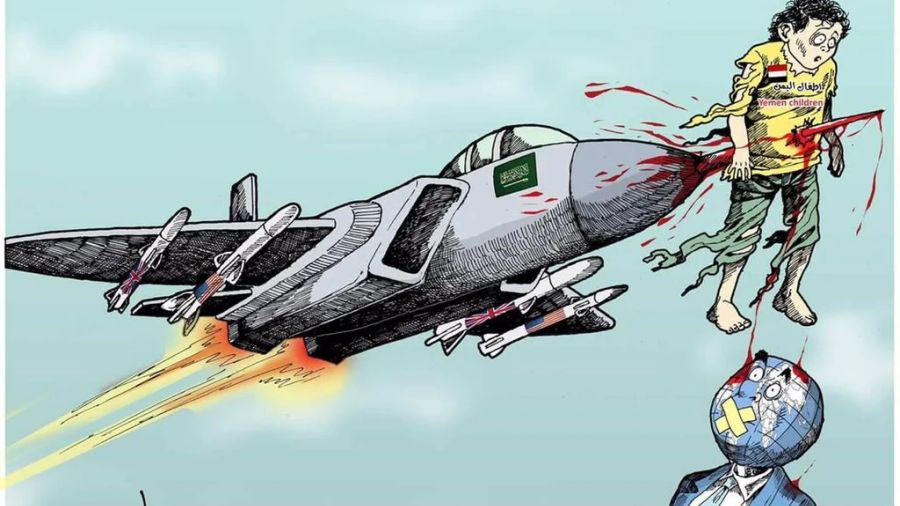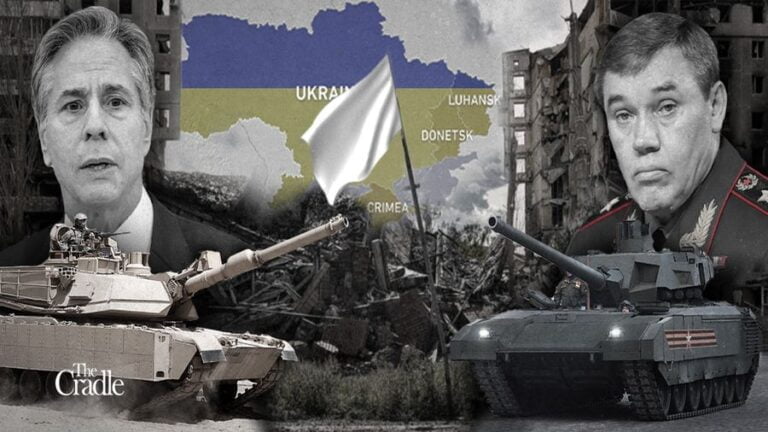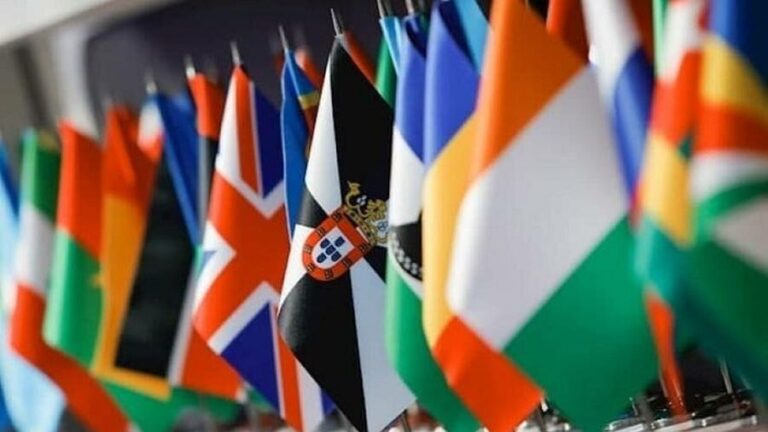Violence Increasing in Yemen
Day after day, the tensions worsen in Yemen. Recently, the Houthi rebels claimed responsibility for a series of explosions that hit the capital of the United Arab Emirates, damaging places of great strategic value, such as Abu Dhabi airport. In response, a new coalition’s offensive began, with violent bombings being operated in Sanaa.
The Arab coalition has launched a major bombing campaign in the Yemeni capital. The attack, according to information provided by the alliance’s spokespersons, is “in response to threat and military necessity”. Such “necessity” refers to recent attacks operated by the Houthis against targets outside the Yemeni territory.
The numbers of dead and injured people so far are imprecise, but it is known that many people have been hurt during the coalition’s maneuvers. According to information provided by Al Masirah, a pro-Houthi Yemeni TV channel, four people died and five were injured during the alliance’s operations. Later, some sources began to report that more than ten people had already died, including women and children. As expected, the pro-coalition media channels point to data in the opposite direction, emphasizing the number of dead left by the Houthis attacks in Abu Dhabi and ignoring the victims of the military actions carried out by the Arab group.
In an official statement this week, coalition’s spokespersons wrote the following words about the attacks: “The coalition air force is conducting a round-the-clock operation in the skies over Sanaa (…) We urge civilians to stay away from military camps and Houthi gatherings for their safety”. Some details about the targets hit by the maneuvers were also provided. Apparently, coalition’s F-15 fighters hit “two ballistic missile launchers that were used on Monday to strike the territory of the UAE”.
Following the coalition’s operations, UAE Foreign Minister Abdullah Bin Zayed contacted his US counterpart Antony Blinken in order to ask the Biden administration to reestablish US recognition of the Houthis as a foreign terrorist organization. This type of measure would help those interested in tightening actions against the Yemeni rebels as it would allow the US government to treat the Houthis as terrorists both in American territory and abroad, making it possible to establish, for example, joint actions between American military and the coalition.
No response has been given on the case so far, and the matter is unlikely to have any relevance to the US government at the present time. Washington revoked the Houthis’ “terrorist organization” status to improve the system for the sending of humanitarian aid to Yemen. Until last year, it was difficult for the US to send humanitarian aid to the country as the Houthis benefited from part of that aid while being considered terrorists. In 2021, Biden revoked terrorist status for the Houthis and improved the humanitarian support system, reinforcing the US image as a humanitarianly committed nation. This measure was very positive for both the US and the Yemeni population and is unlikely to be reversed now.
In fact, the anti-Houthi coalition has a common interest with the West in Yemen: to stop the growth of Iranian influence. Considering that the Houthis are an ethnic minority of Shia faith, their victory in Yemen would represent an immediate alliance with Tehran – which is why Western governments support the coalition. But this support has become increasingly limited. For the pro-humanitarian image that Biden tries to express in his government, it is very serious that the country maintains ties to a conflict that is considered the greatest humanitarian crisis of recent times. European governments follow a similar trend in this regard. And, with that, the coalition loses more and more strength internationally, becoming an isolated group of little global relevance.
The Yemen conflict needs an immediate end as the humanitarian situation in the country has escalated out of control. The civil war has already left almost 400 thousand dead, four million internally displaced and more than twenty million people in need of humanitarian aid. The imminence of a humanitarian collapse is evident, and this creates discomfort for all governments with some degree of involvement in local disputes.
Recommendations from all sides are for the crisis to be resolved as fast and pacifically as possible. Contributing to a humanitarian disaster is extremely harmful and (at least publicly) out of discussion for the West.
Certainly, international coercion through sanctions would be a viable way for the coalition to accept to reduce its incursions, respecting the Yemeni right to self-determination. But that would mean opening the way for an Iranian advance, which the West is also unwilling to deal with. Therefore, the Western position on the coalition’s maneuvers is likely to remain the same that has been so far: a veiled, discreet, and masked support with a humanitarian discourse whose function is to hide the real interest in undermining Iranian expansion in every possible way.







